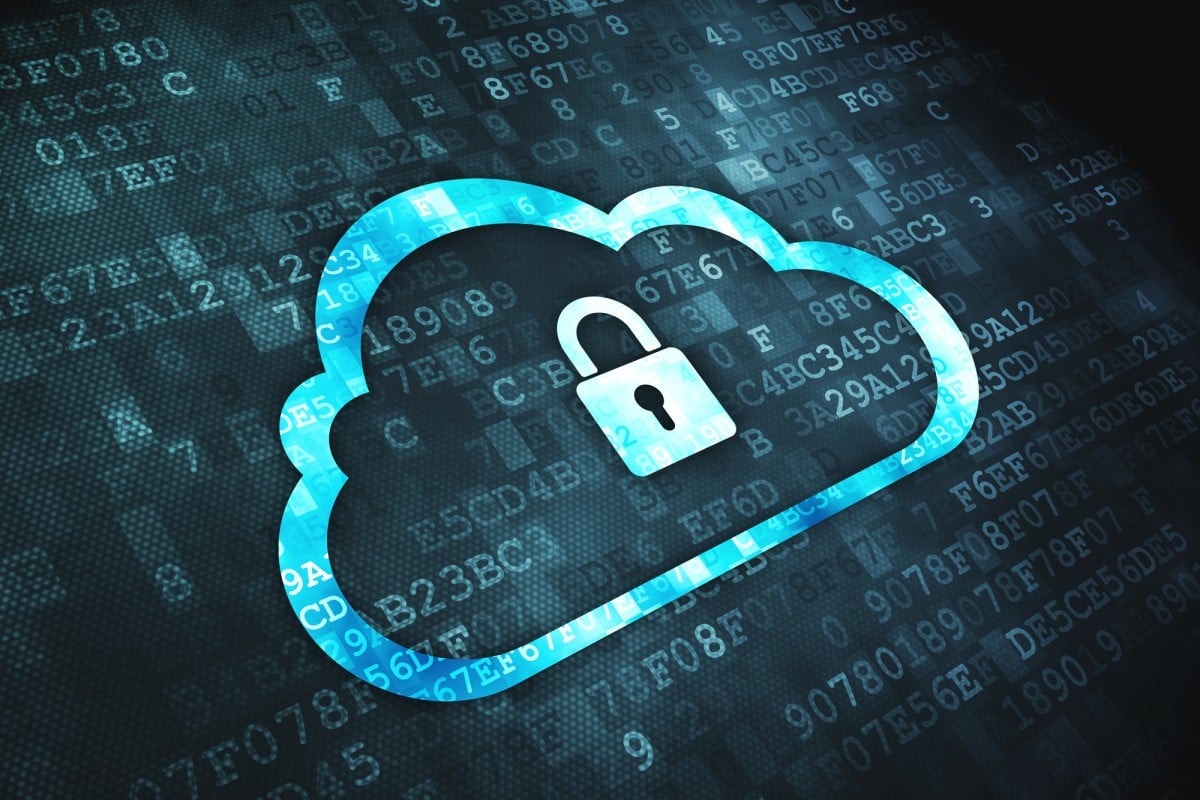
Discover & Innovate: Cloudy outlook for online security - how safe is cloud computing?
Internet privacy is a growing concern as everything becomes wireless and paper-free. But just how safe are cloud systems as a digital alternative?

We have recently heard about photos of naked celebrities being made public after the cloud was hacked, raising serious issues about privacy and leaking information.
So what is cloud computing? It is a network of servers on the internet which enables users to store and retrieve data.
It means users don't have to keep files on electronic devices such as USB memory drives and hard drives.
Instead, files can be uploaded to the cloud environment after they have been created.
When users want to edit the files on other devices, they download them through simple commands. This means that even without a USB stick or hard drive, files can still be accessed and edited remotely.
Conceptually, there are three kinds of cloud computing: the public cloud, private cloud and hybrid cloud.
Most people use public clouds such as Apple's iCloud or Google's Google Drive. Public clouds are nearly free of charge but security is a big concern.
Private clouds are usually for commercial use. With ownership and management controlled by business organisations, they are generally more secure than public clouds because access is more restricted.
Because of the need to communicate with other organisations, though, most businesses have switched to hybrid clouds, which have the advantage of being both public and private.
But due to the infrastructural requirement of accessing public clouds, security can be compromised in several ways.
For instance, hackers can gain access and retrieve files without consent simply through impersonation if users don't set their usernames, passwords and security questions carefully.
Additionally, cloud systems are made up of several large, connected servers that have their own security protection. So if cloud administrators fail to secure servers properly, users' files can be stolen no matter how well usernames and passwords have been set.
In other words, public clouds are less secure than private clouds.
To strike a balance between cost and security, most businesses use hybrid clouds. How about regular users? What can they do to lessen the threat of losing data to hackers?
They have to understand risk management, one of the most important topics studied in universities today. Common sense and judgment are also crucial in any online activities.